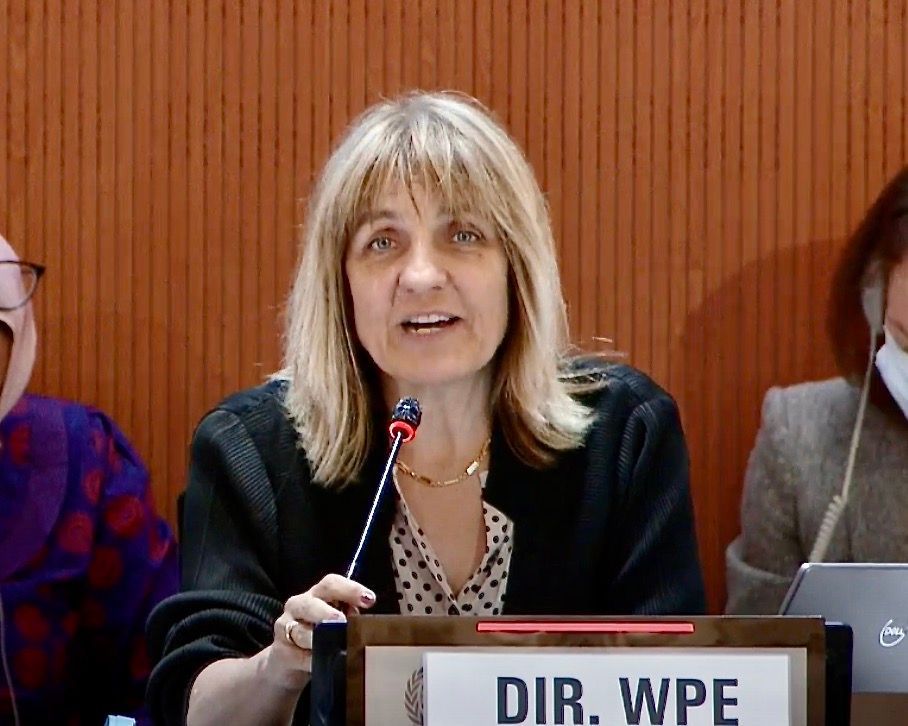GENEVA (AN) — With at least 200 cases of monkeypox reported by more than 20 nations, World Health Organization officials warned "it's an unusual situation" raising a lot of questions because they do not yet know why there has been such an upsurge in the disease transmitted from animals in the past weeks.
Top WHO officials say they believe the epidemic can be contained through a quick response and propose creating a global stockpile to more equitably distribute the few vaccines and drugs available to fight the zoonotic disease.







